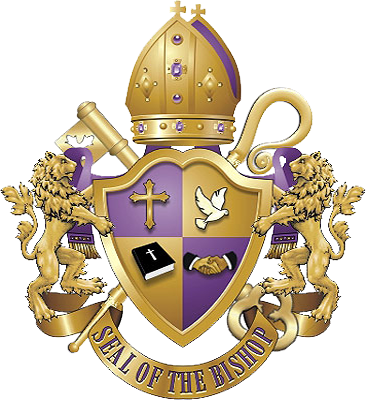In the annals of American religious history, certain figures stand out as luminaries whose ideas and actions shaped the course of faith and society. Among them is Solomon Stoddard, a towering figure of the 17th century whose legacy reverberates through the corridors of time. As a Puritan minister, theologian, and pivotal figure in colonial Massachusetts, Stoddard’s influence extended far beyond the pulpit. Central to his theological contributions was the enigmatic concept known as the Halfway Covenant, a doctrine that reshaped the landscape of New England Protestantism.
Born in 1643 in Northampton, Massachusetts Bay Colony, Solomon Stoddard was destined for a life of profound spiritual inquiry. Ordained as a minister in 1669, he assumed the pastorate of the church in Northampton, a position he held for over six decades. Stoddard’s theological prowess and magnetic preaching style soon garnered widespread acclaim, earning him the moniker “the Pope of the Connecticut Valley.”
However, it was Stoddard’s formulation of the Halfway Covenant that cemented his place in religious history. The Halfway Covenant emerged against the backdrop of a changing religious landscape in colonial New England. By the late 17th century, the fervor of the early Puritan settlers had waned, leading to a decline in church membership and spiritual commitment. Many second-generation colonists, while still attending church services, had not experienced the profound conversion required for full membership in the church.
Enter the Halfway Covenant, a theological compromise crafted by Stoddard to address this spiritual dilemma. Introduced in 1662, the covenant allowed the baptism and partial church membership of the children of baptized but unconverted parents. Under this arrangement, individuals who could not testify to a personal experience of grace could still participate in certain church activities and receive baptism for their children. While they couldn’t partake in communion or hold positions of leadership, they were not entirely excluded from the community of faith.
The Halfway Covenant was a groundbreaking departure from traditional Puritan theology, which emphasized the necessity of a dramatic conversion experience for full church membership. Stoddard’s rationale was pragmatic: by extending the church’s reach to include more individuals, he hoped to preserve the influence of religion in colonial society and stem the tide of spiritual apathy.
Critics of the Halfway Covenant decried it as a dilution of Puritan principles, accusing Stoddard of sacrificing doctrinal purity for the sake of numerical growth. Nevertheless, the covenant gained widespread acceptance, exerting a profound influence on the religious landscape of New England for generations to come.
Beyond his theological innovations, Solomon Stoddard left an indelible mark on American history through his familial lineage. He was the grandfather of Jonathan Edwards, the renowned preacher, theologian, and president of Princeton University. Edwards, whose stirring sermons played a pivotal role in igniting the flames of the First Great Awakening, inherited his grandfather’s zeal for spiritual revival and theological inquiry.
In examining Stoddard’s life and legacy, one cannot help but marvel at the complexity of his character and the depth of his theological insights. While the Halfway Covenant may have been a product of its time, its impact reverberates through centuries, reminding us of the enduring quest for spiritual renewal and the ever-evolving nature of religious thought.
As we reflect on Solomon Stoddard’s contributions, we are challenged to grapple with timeless questions of faith, community, and the tension between tradition and innovation. His legacy serves as a beacon of inspiration for generations of theologians, historians, and seekers alike, illuminating the path toward a deeper understanding of the divine and the human condition.
